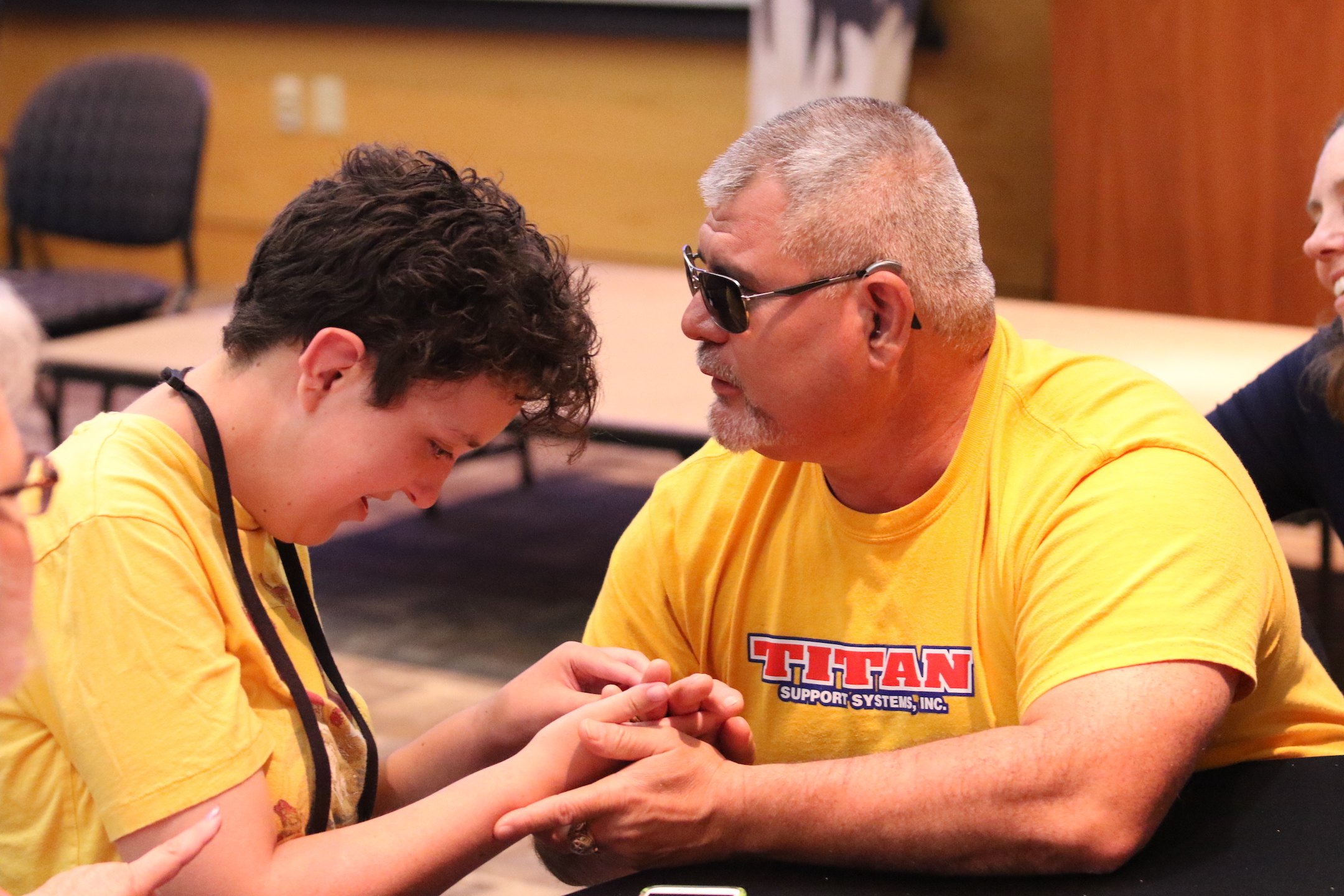Recommendation 1: Training and Technical Assistance
Provide information, training, and technical assistance that raises expectations for a meaningful adult life and increases the quality of transition planning.

Why This Is Important
Quality transition planning begins early, sets high expectations for life after high school, and is driven by student preferences, interests, skills, and needs. Transition plans, mandated by IDEA 2004, provide a roadmap to prepare students for their desired post-school outcomes through education, activities, and connections to adult agencies that provide long-term supports.
To create a high-quality, successful transition plan, educational teams must:
- Be knowledgeable about what is possible in terms of employment and community living outcomes, rather than merely informed about what is available or traditional for students with significant disabilities.
- Understand how to use age-appropriate assessments to determine a student’s strengths, preferences, interests, and ideal conditions for success in community employment and living.
- Understand how to write meaningful, measurable post-secondary goals based on assessment data and identify annual services and activities that align with those goals.
- Be knowledgeable about available funding and services from vocational rehabilitation (VR) and developmental disabilities (DD) agencies while a student is still in school and after graduation, to ensure a seamless hand off from educational to adult agency support.
- Be up to date on legislation that impacts funding for short- and long-term supports (e.g., VR and DD services) to ensure students have access to what is available by law.
A vision for adult life informs the activities a student should be engaged in during his or her final years of high school. Low expectations often lead to lack of appropriate vocational activities and limited preparation for community employment and living. Never having a chance to try community employment, be engaged in community activities with good friends, or think about living outside one’s family home, reinforces a family’s, student’s, and school’s perception that the student is not capable of work or a life in his or her community.
What State Deaf-Blind Projects Can Do
1. Learn about federal and state transition planning mandates.
As noted in the introduction, recent changes in state and federal laws have expanded opportunities for students with deaf-blindness and additional disabilities to experience better adult lives. Increase your knowledge of these new mandates and rules, including (a) the impact of the Workforce Innovation and Opportunity Act (WIOA) on transition services for students with disabilities, (b) the availability of customized employment strategies as your state expands competitive integrated employment opportunities, (c) increased access to community-based, integrated services due to the Centers for Medicare and Medicaid Final Settings Rule on home and community-based services, and (d) state Employment First policies.
Resources:
IDEA
- The Individuals with Disabilities Education Act (IDEA) and Secondary Transition
- IDEA 2004: Transition Services for Education, Work, Independent Living
- National Technical Assistance Center on Transition (NTACT)
Pre-ETS
- Overview of Pre-Employment Transition Services (recorded webinar)
- Pre-employment Transition Services (some resources at this site require that you register for a free account)
- Regulations Implementing the Rehabilitation Act of 1973 as Amended by WIOA
Other
- Implementation of Section 511 Requirements
- Establishing a National Employment First Agenda
- Centers for Medicare and Medicaid (CMS) Final Settings Rule
- Five Ways You Can Help Expand Opportunities for Competitive Integrated Employment in Your Community
2. Provide or participate in professional development on quality transition services.
Your state department of education or vocational rehabilitation services may provide training about transition for students with significant disabilities to schools, families, and agencies. Some schools organize transition fairs to connect families with adult agencies.
3. Evaluate and revise or develop materials and processes for your project’s child-specific TA related to transition planning.
NCDB can assist state deaf-blind projects in considering how their child-specific TA systems and processes can include a focus on transition planning, including supporting vocational experiences while in school. Contact NCDB for assistance.
Resources:
